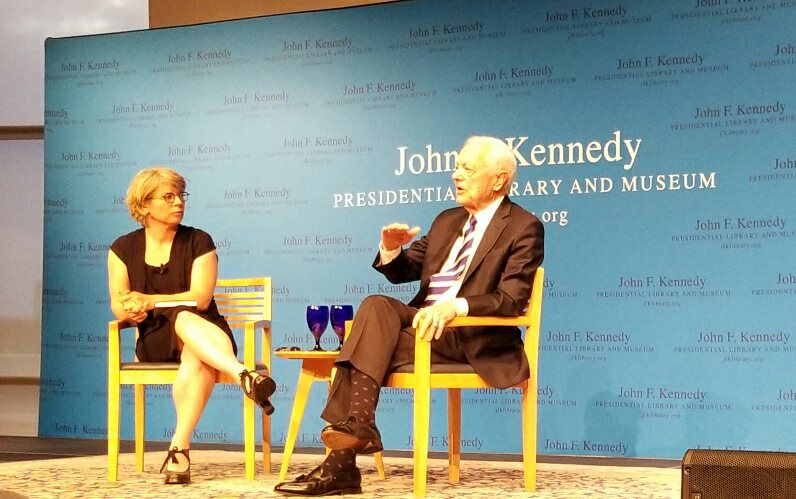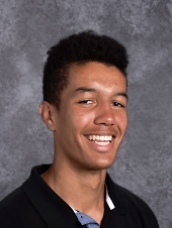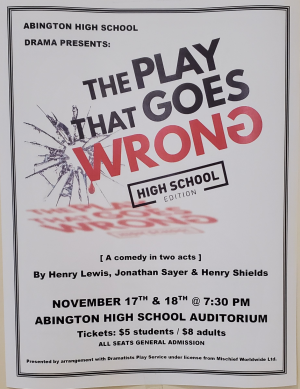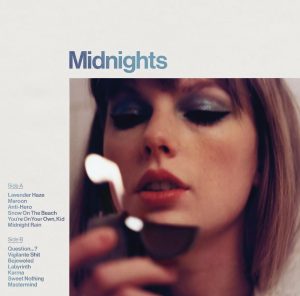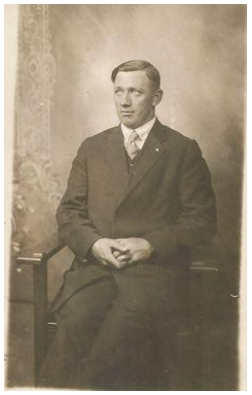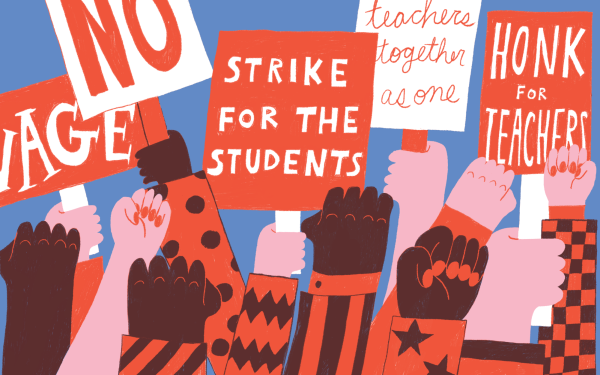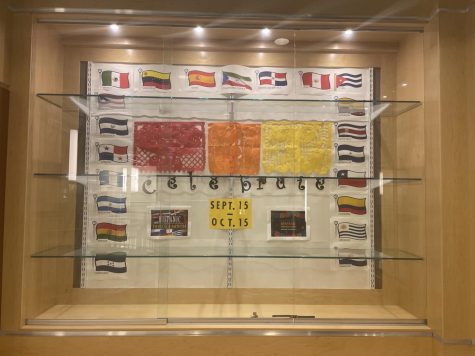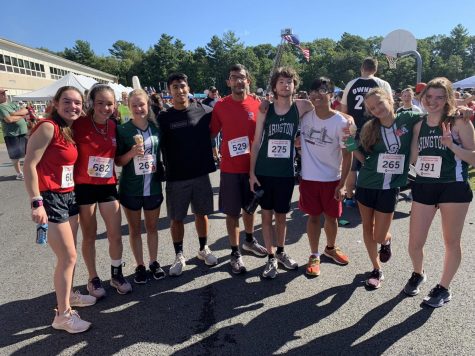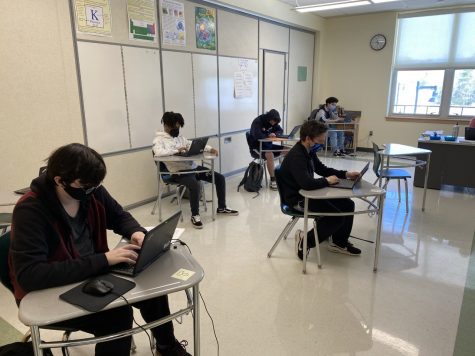How The Nation Fell from Being the Most Informed
Revelations from Bob Schieffer’s New Book
June 1, 2018
On May 1, the Kennedy Library Forum at the John F. Kennedy Presidential Library and Museum hosted “A Conversation with Bob Schieffer.” A section of the Library was reserved for student journalists who heard Schieffer discuss issues in his new book “Overload: Finding the Truth in Today’s Deluge of News.”
As the host of CBS’s Face the Nation for nearly 50 years, Bob Schieffer was deemed a living legend by the Library of Congress in 2008. He has been an influential voice of American political journalism since the middle of the 20th century.
Being an active voice in journalism before the internet’s dominance, as well as during its dominance, the time period in which Schieffer’s career took place gives him a unique perspective to the pros and cons of the information age.
The night consisted of an interview directed by Jill Lepore, a professor of history at Harvard University. Schieffer began by explaining how the “current crisis in journalism is a national security issue here in the United States.” He explained how the bombardment of 24-hour and internet news isn’t making the American populous wiser but overwhelmed.
Moreover, citizens are not understanding why politicians are making certain policies, and that’s problematic for the future of the country.
Schieffer explained how people are getting information from several different sources and basing their opinions on different (and potentially biased or flawed) information. Opinions are no longer being based on common data, leading many people to be misinformed.
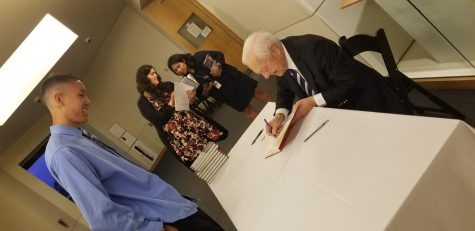
As false information becomes more prevalent Americans must become more vigilant.
— Cam Curney
Schieffer proposed that an entity must take up the job that was once held by local newspapers, or corruption will soar.
Schieffer also added that the reporter is not the creator of news, nor is a reporter the opposition to the government. The job of a reporter is to gather information that people may compare to the government’s portrayal of events,in order to check it and provide truthful information. For people to believe the information the news media provides, Americans must trust news outlets, not think of them as fake news.
Finally spurred by questions from the audience, Lepore and Schieffer spoke about the inaccuracies of polling today, due to the difficulties of finding reputable voters and finding people to poll at all. Schieffer explains how “it’s simply not as good as it used to be.” The polls essentially no longer represent how Americans are voting, because not many Americans participated in the polls.
Although it seems the current crisis in journalism, with the rise of fake news, misinformation, and media overload seems to be unsolvable, so long as the internet continues to be used as the staple medium for news, that couldn’t be further from the truth. As false information becomes more prevalent Americans must become more vigilant. By reading multiple sources and not spreading fake news, the American populace has an opportunity to become better contributors to the American republic.

